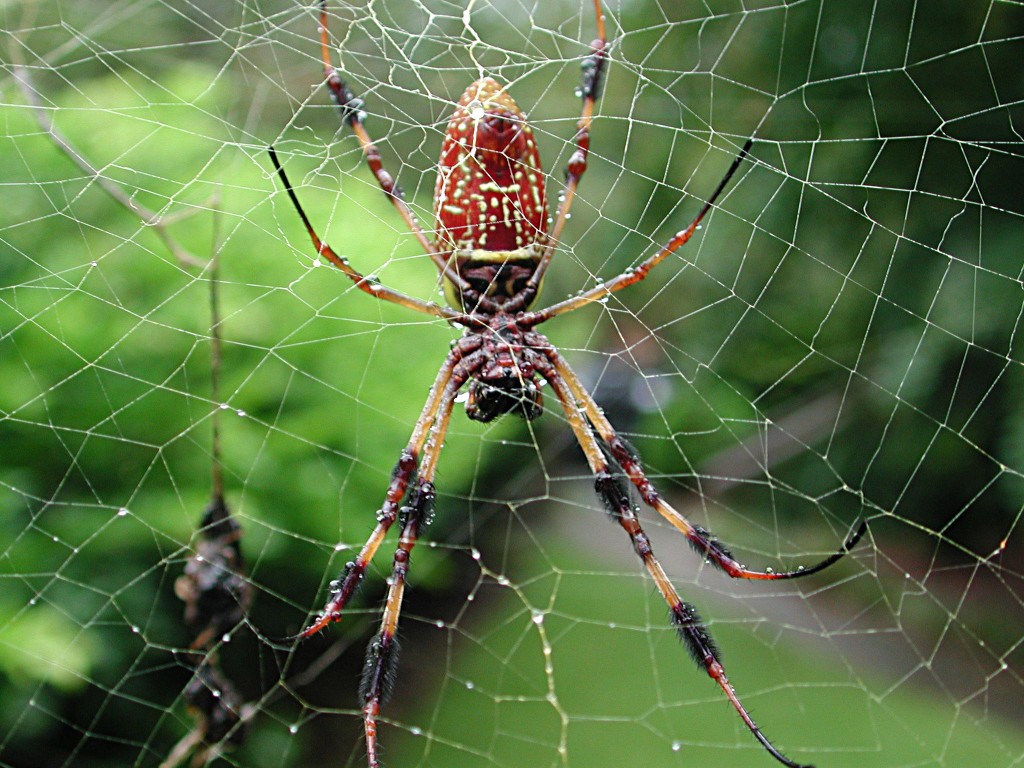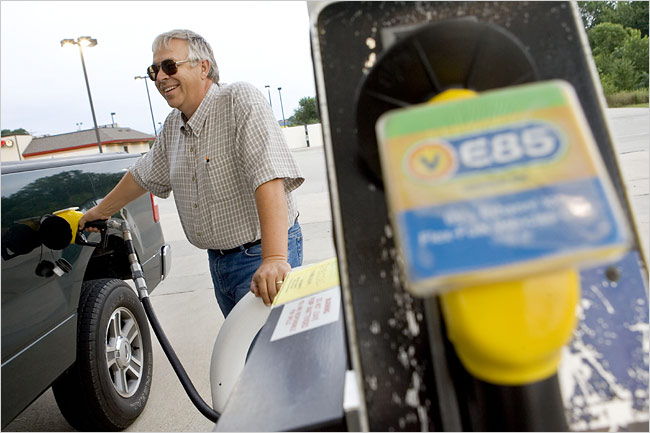 Here’s an Earth Day concept for you—energy efficiency is the “gateway drug” to clean energy.
Here’s an Earth Day concept for you—energy efficiency is the “gateway drug” to clean energy.
A person who buys Energy Star appliances, fuel efficient vehicles or hybrids, and home efficiency products is more likely to go on to buy clean energy through their utility, or even look into on-site generation (solar panels, for instance).
But what is the gateway to efficiency? What is the introduction the average person needs to start actually thinking about the energy they use? It’s actually the same easy, everyday idea that can lead people to be more sustainability conscious in every aspect of their lives—conservation.
Granted, the idea of conservation has needed some serious PR for a while, and it’s time we all start spreading the word on what it really means.
For the last few decades, “conservation” has been grossly mischaracterized as “doing without.” For the record, conservation does not mean shivering inside your home in the winter, or sweating on the couch during the summer. It simply means not consuming unused energy. Or, in other words, not wasting energy.
Conservation isn’t sitting in a dark house at night. It’s turning off the light when you leave a room. It’s not suffering in a miserably hot home through the summer. It’s remembering to turn down the thermostat when everyone leaves for the day, so you don’t cool and empty home. It’s not necessarily a matter of sacrifice, it’s ending wasteful habits.
Conservation, energy efficiency—performing the same function with less energy, and using clean energy—from wind, sun, geothermal, small hydro, etc.—are the three pillars to what I call being Energy Smart. And clearly, the easiest one of these actions is reducing energy waste—the environmental benefits of which are immense.
Each year, Americans waste the same amount of energy as what’s produced by 17 coal-fired power plants. Consider the countless tons of CO2, mercury and other damaging pollutants emitted as the byproduct of so much energy being generated to serve no purpose at all. Seems crazy, right?
The craziest part of it all is that that specific waste is attributed solely to what’s called phantom load, or vampire power. The term refers to the energy consumed 24/7 by most of the electronics in the home. Almost everything electronic we use—computers, stereos, DVRs, game consuls, televisions, etc.—are drawing energy even when they’re turned off. Notice, the little light telling you your DVD player is “off”?
Sure, devices like DVRs need to always draw a little electricity to maintain their programming. However, there are power strips available that solve the problem, and reduce all phantom load in your home. You plug everything into the strip, and turn it off when nothing is being used. The stuff that needs electricity, gets it. Everything else gets completely shut off. No wasted energy, or needless CO2 put into the atmosphere.
Of course, conserving energy doesn’t have the kind instant Earth Day-style gratification of picking up trash or planting a tree. Recently, I wrote an entire post on the new America’s Greenest Campus contest. With this contest, thousands of students, alumni, faculty and staff from colleges around the country are competing for campus sustainability funding by committing to individual energy reduction actions.
The real “teeth” to the contest, though, is that AmericasGreenestCampus.com gives contestants personalized information on how much their actions save in resources (money, oil, water) and waste (CO2). For once, we can get instant gratification from conservation–the knowledge of how our actions make a difference.
And that’s the gateway. When you realize you’re connected, and your basic actions make a difference, it’s empowering.
So this Earth Day, yes—plant a tree, pick up trash on the highway, and all and any of the other important and valuable volunteer work that helps care for our planet. But remember that the easiest, and maybe most important way that you can have a positive impact on the planet is to reduce your carbon footprint, and the energy you waste.
Visit AmericasGreenestCampus.com and learn how even unplugging your unused cell phone charger can help make a difference.



